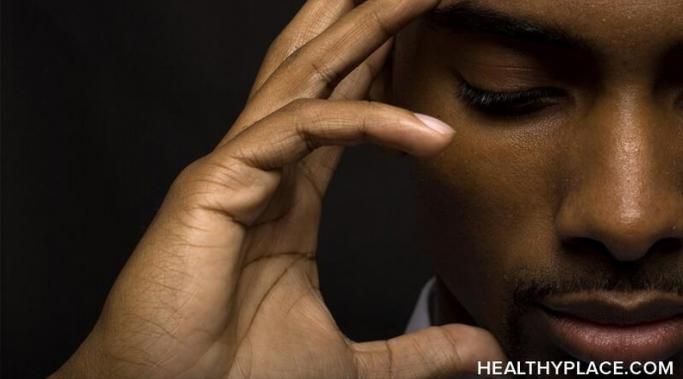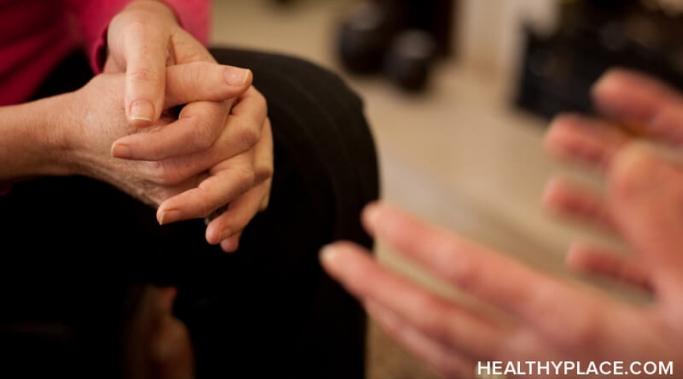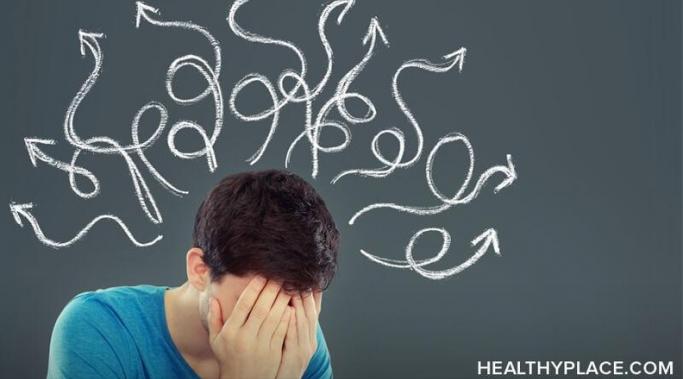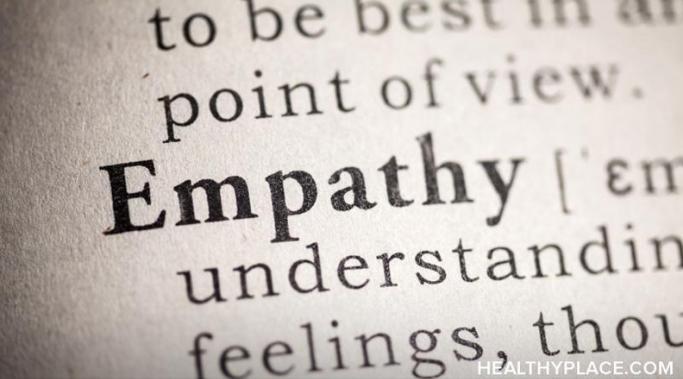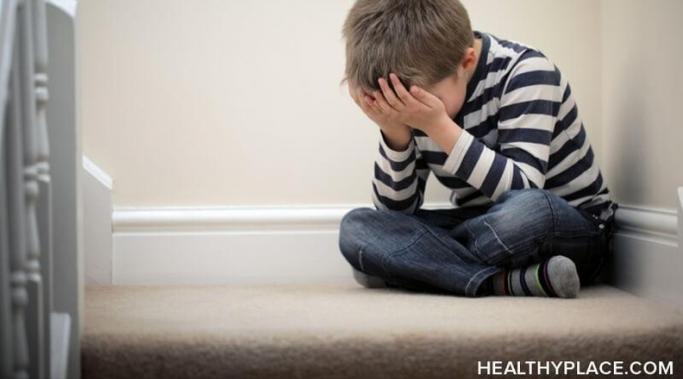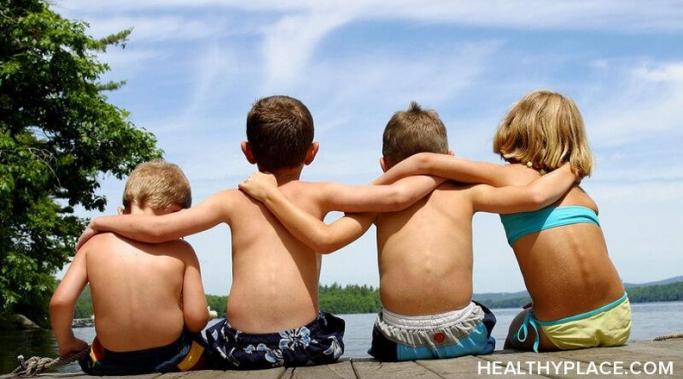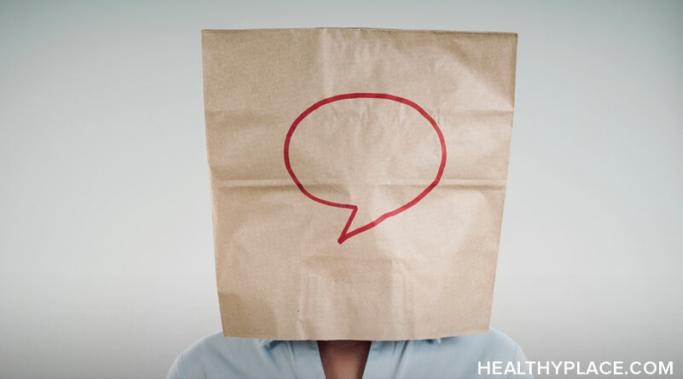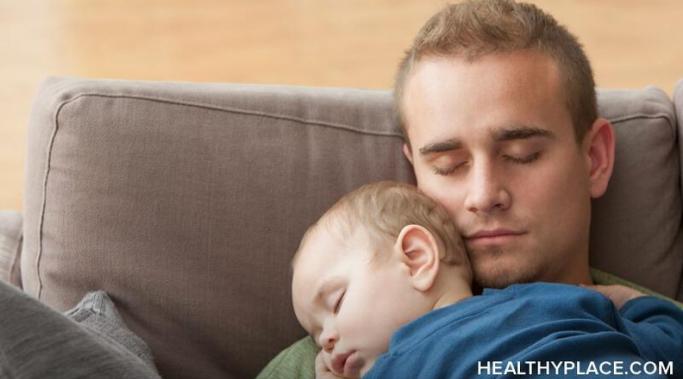Facing verbal abuse can be traumatic for anyone, especially when it continues for years, like in my experience. After existing in a world that includes regular abusive treatment, it can be difficult to see past your own painful situation.
Stop Abuse
Although therapy has immensely benefited me, I've learned it is okay to take a break from therapy. There were times I did not want a break. Sometimes I counted down the days until my next appointment, feeling like it would never arrive. During my darkest days, I talked to a therapist every week, sometimes multiple times a week. However, I also experienced times when I didn't want to talk about my feelings or work through any issues at all. At times, I was not motivated to do the internal work I knew I had to do.
The ongoing side effects of verbal abuse can be complex and last for years. One exceptionally painful emotion that still resonates with me, even decades after, is guilt. It can be hard to move past it, and it may also invite its close friend, shame, to the party.
There was a time in my life when I was irate and unhappy with my environment and everyone around me. I would lash out at the slightest inconvenience and feel justified in my actions because of my trauma. I continued this behavior until I started therapy. After years of extensive therapy, I've realized those actions were not helpful, and I feel more empathy after verbal abuse than before it.
Verbal abuse can create numerous harmful outcomes during the abuse and for years afterward. Unfortunately, self-isolation is just one verbal abuse side effect. Many victims will keep themselves away from others while in an abusive situation, and some, like me, continue this behavior even after breaking free.
Facing a verbally abusive situation is emotionally and physically draining. In addition, many victims of abuse find that alcohol plays a factor in how their circumstances play out daily. As someone who lived in a relationship of verbal abuse, alcohol, and substance abuse, I found the combination of these outside elements intensified an already negative situation.
My relationships changed after I was abused. I learned this a while ago when I had a chance to sit back and examine the people I have as part of my inner circle. It was then that I realized my friends now significantly differed from those years ago. So naturally, I immediately felt sad, thinking that maybe it was something I did or said to create a rift between me and these others. So naturally, self-blame was my go-to emotion when I felt there was a problem. Thankfully, I have therapists that guide me through different situations, including ones like this, where I feel uncertain.
Many individuals, including myself, can take notice of subtleties later when they are no longer the object of verbal abuse. It shocks me as I look back and replay many of these instances in my head. There were several reasons why, however, I never recognized it as abusive, which led me to remain in the same situation for years.
If there is one thing I have learned through countless hours of therapy, it is how I need to stop apologizing for everything. Although Canadians are very apologetic, this pattern is prevalent with verbal abuse victims even more so. My underlying desire to make everything better and have everyone be happy with the situation has built an unstable emotional foundation for my life.
If you have a past riddled with verbal abuse like me, you may know how difficult it is to find happiness in your life. Prolonged abuse may have changed how you perceive the world and the actions of those around you. You may be hesitant when someone is nice to you or feel unworthy of love and affection. However, everyone deserves a life of happiness, and it is possible.
